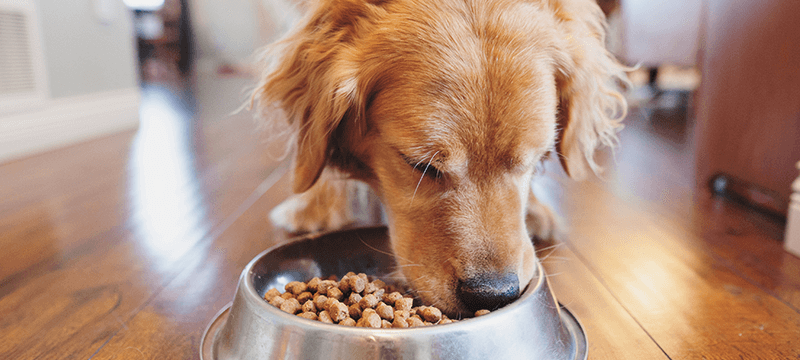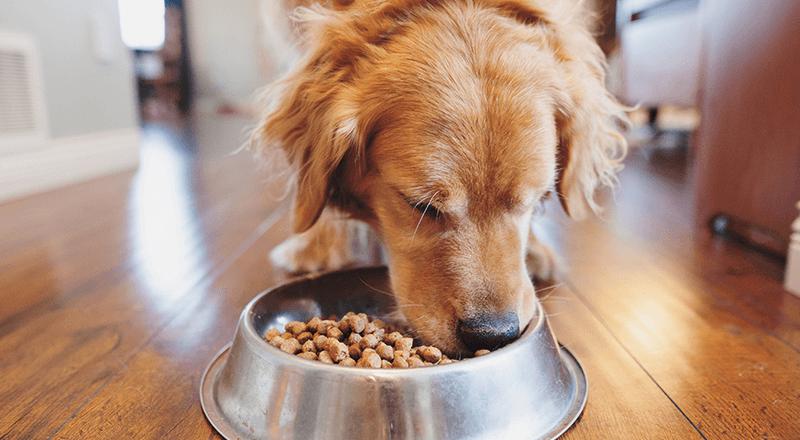Whether to give dogs taurine supplements is a much-asked question, but what is taurine, and why is taurine deficiency dangerous? In the following article, we’ll discuss this essential nutrient, and how it affects your dog’s overall wellness.
Let’s say you have a beautiful Labrador retriever. When they were younger, they were full of energy, ready to play, and always happy to go for their daily walks.
However, for the past few weeks, they’ve been less eager to play, and they aren’t bugging you to go for their normal walk. Your lab also gained a bit of weight. What’s going on?
While there could be any number of factors contributing to this condition, as the breed indicates they may suffer a lack of taurine, which has led to medical concerns.
What is taurine, anyway?
Taurine is an essential amino acid that acts as a protein building block. It maintains the healthy functioning of the brain, heart, muscles, and eyes. The majority of dog breeds actually synthesize taurine from other nutrients, so there is no need for additional supplementation. But a few dog breeds, including Labrador retrievers, have a genetic flaw due to improper breeding practices that renders them incapable of synthesizing taurine. A few other breeds of concern are:
- American cocker spaniel
- Boxer
- English setter
- Golden retriever
- Newfoundland
- Saint Bernard
If your dog is any of the above breeds, discuss the possibility of taurine supplementation with your vet. Because taurine deficiency doesn’t have symptoms, it can be difficult to determine if your dog is experiencing the effects of long-term lack of taurine until they develop an illness. Dilated cardiomyopathy (DCM) is one such medical condition that is triggered by taurine deficiency, and its symptoms include:
- Fatigue
- Excessive drooling
- Fainting
- Weight gain
- Coughing
Because the above signs can also be indicators of other potentially serious medical conditions, it is important to visit your vet the moment you notice any of these symptoms. If your vet determines your dog is suffering from taurine deficiency, dietary supplementation may be advised. Zignature dog food taurine concentrations are naturally substantial due to the meat-forward ingredients, but your vet may have a specific dietary program based upon your dog’s overall health and nutritional needs.

